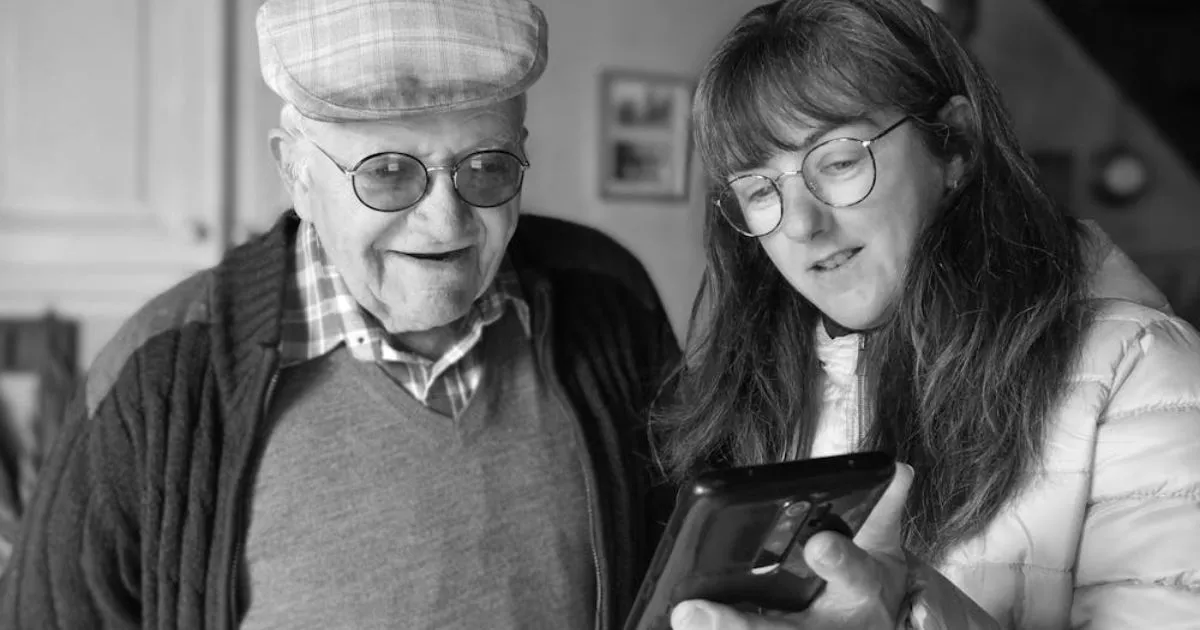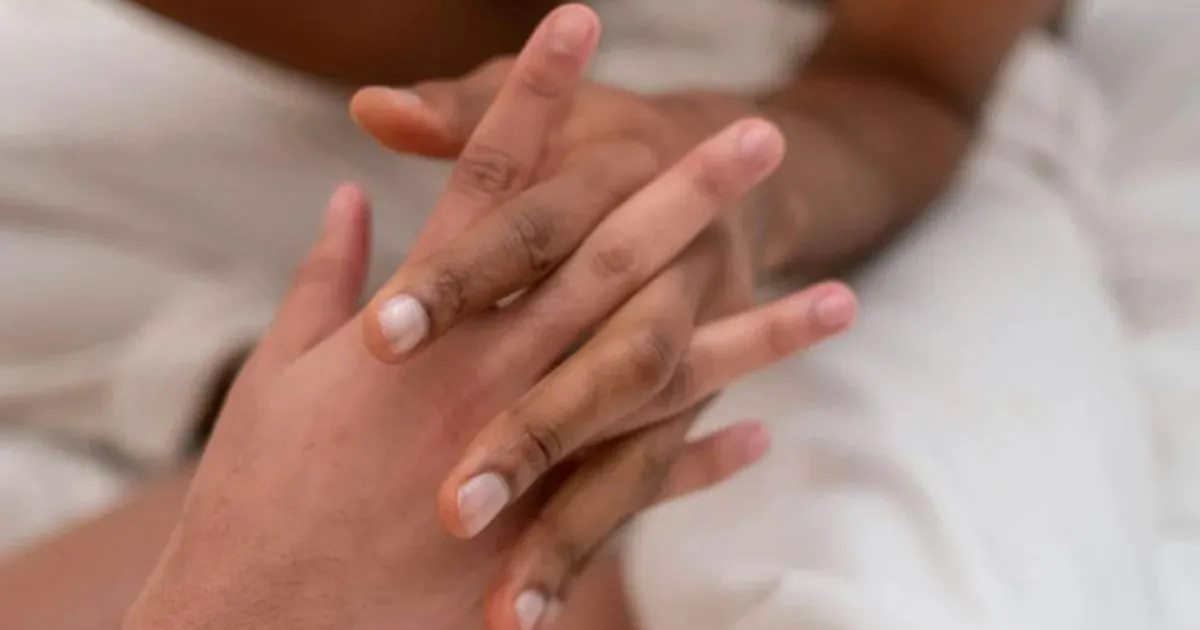
Love is one of the most profound emotions humans can experience. It brings joy, connection, and purpose to our lives. But not all love is genuine. characterized by insincerity and manipulation, can leave deep scars. Whether in a romantic relationship, friendship, or family bond, understanding and identifying fake love is crucial to safeguarding your emotional well-being.
This comprehensive guide dives into what fake love is, how to identify it, and how to protect yourself. It’s rich in insights, real-world examples, and actionable tips to help readers navigate their relationships with clarity.
What Is Fake Love?

Fake love refers to a relationship dynamic where one or both individuals exhibit inauthentic affection or care. It often lacks emotional depth and is driven by selfish motives rather than genuine connection or commitment.
Characteristics
- Lack of Emotional Investment: Fake love often feels one-sided, with little effort to foster a deeper bond.
- Manipulation and Control: Love is used as a tool to dominate or exploit the other person.
- Conditional Affection: Care and attention are given only when it benefits the manipulator.
- Shallow Connection: Conversations and interactions lack depth or sincerity.
Fake vs Real Love
Real love is built on mutual respect, trust, and genuine affection. It’s about giving without expecting anything in return. Fake love, on the other hand, is transactional and often self-serving.
Example Comparison:
- Real Love: “I support your dreams because I believe in you.”
- Fake Love: “I’ll support you only if it benefits me.”
Why Does Fake Love Happen?
Understanding the root causes of fake love can help us identify and address it.
1. Fear of Being Alone
Some individuals enter or stay in relationships not out of love but out of a deep-seated fear of loneliness. They may fake affection to maintain a sense of security.
2. Personal Gain
F love often arises when one person seeks material or social benefits. This can include financial support, career advancement, or gaining status through association.
Example: A partner who shows interest only during financially beneficial times.
3. Emotional Immaturity
Some people lack the emotional capacity to form deep connections. They may not fully understand the concept of love or struggle to communicate authentically.
4. Narcissistic Tendencies
Narcissists may engage in fake love to manipulate others for their own benefit, often showing affection only when it serves their ego.
Signs of Fake Love

Recognizing the red flags of fake love can save you from heartbreak and help you make informed decisions about your relationships.
1. Inconsistent Behavior
A partner who expresses love one moment but acts indifferent the next may not genuinely care.
2. Lack of Effort in the Relationship
F love often involves minimal effort to maintain the relationship. This can include avoiding meaningful conversations or neglecting emotional intimacy.
3. Self-Centeredness
In f love, the focus is primarily on one person’s needs, desires, or problems, with little regard for the other.
Example: They only ask about your day when it benefits their narrative.
4. Excessive Flattery or Love-Bombing
Over-the-top compliments or grand gestures early in the relationship can be a tactic to gain control or trust.
5. Gaslighting and Manipulation
F love often involves tactics like gaslighting, where the manipulator makes the other person doubt their feelings, memories, or reality.
6. Absence During Tough Times
A key sign of fake love is disappearing when things get difficult. Real love involves support during challenges, not just when everything is going well.
How Fake Love Impacts Relationships
Fake love doesn’t just hurt individuals—it can erode trust, self-esteem, and emotional security in relationships.
Emotional Consequences
Victims of fake love often experience feelings of:
- Betrayal: Discovering the lack of authenticity in a relationship.
- Confusion: Struggling to understand why the other person acted insincerely.
- Self-Doubt: Questioning their own worth and ability to recognize true love.
Impact on Future Relationships
F love can leave emotional scars that affect future relationships, leading to trust issues or fear of vulnerability.
How to Protect Yourself

Protecting yourself begins with self-awareness and establishing healthy boundaries.
1. Trust Your Instincts
Your intuition is often your best guide. If something feels off in a relationship, take time to evaluate it.
Tip: Ask yourself, “Do I feel valued and respected in this relationship?”
2. Set Clear Boundaries
Healthy relationships require mutual respect. Clearly communicate your limits and ensure they’re honored.
3. Observe Actions Over Words
Pay attention to consistency between what a person says and does. Genuine love is demonstrated through actions, not just words.
4. Take Your Time
Building a relationship takes time. Be cautious of individuals who rush the process with overwhelming affection or pressure.
5. Seek Outside Perspectives
Friends and family can provide valuable insights into whether a relationship seems authentic.
Recovering from Fake Love
If you’ve experienced fake love, healing and moving forward are essential for rebuilding trust and confidence.
1. Acknowledge Your Emotions
Allow yourself to grieve the loss of the relationship and the trust you placed in it.
2. Practice Self-Care
Focus on activities that bring you joy and help restore your emotional well-being.
3. Reflect on the Experience
Consider what you’ve learned from the relationship and how it can help you identify genuine love in the future.
4. Rebuild Your Trust in Others
Take small steps to open up to people who demonstrate consistent care and respect.
Can F Love Ever Turn Real?
In some cases, individuals in fake love relationships may realize their shortcomings and work toward genuine connection. This requires:
- Acknowledging past behaviors.
- Making consistent efforts to build trust.
- Being open to vulnerability and emotional intimacy.
However, this transformation is rare and requires mutual willingness to grow.
Conclusion: Choosing Real Love
Fake love is a painful experience, but it offers valuable lessons about self-worth, boundaries, and the importance of authenticity in relationships. By understanding the signs of fake love, protecting yourself, and focusing on personal growth, you can build healthier, more fulfilling connections.
Remember, love should lift you up, not tear you down. True love thrives on respect, honesty, and mutual care—anything less is simply not worth your time.



